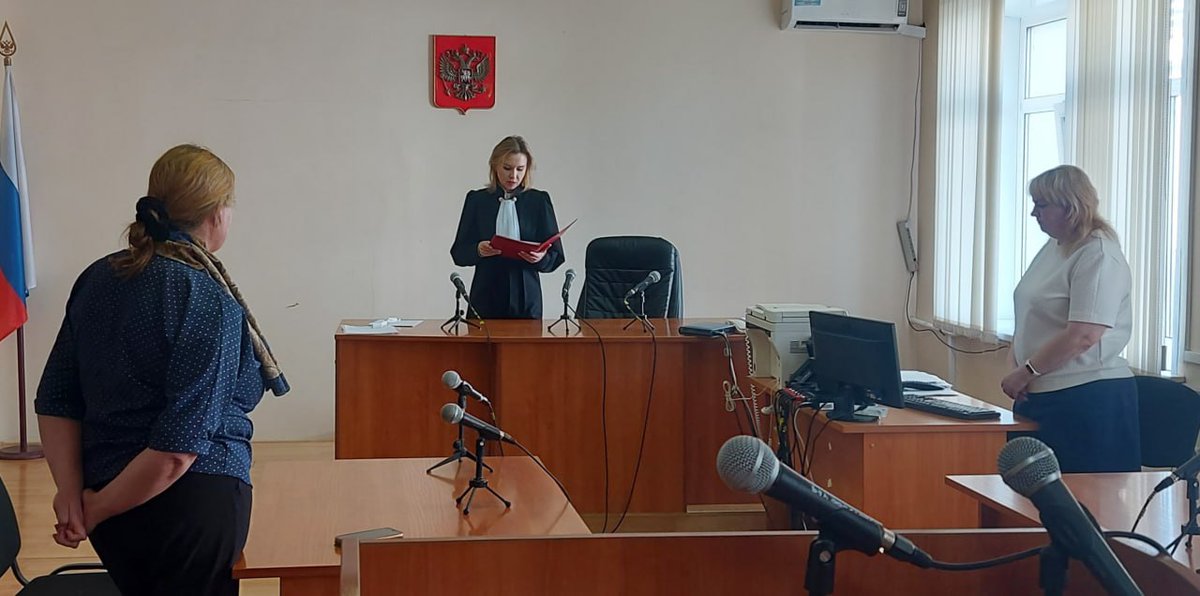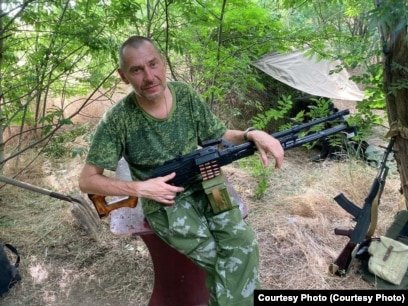1/ Rampant corruption is reported to have rendered Russia's ballistic missile early warning system virtually useless. Scams by contractors are said to have led to unsuitable foreign-made components being used on a wide scale. ⬇️ 

2/ The VChK-OGPU Telegram channel reports that a scandal is about to break over a component substitution scam that it says has crippled Russia's early warning radars. Such scams have been widespread in Russian military procurement, often with the collusion of corrupt officials.
3/ According to VChK-OGPU, "for several years, Putin has received numerous memos about the deplorable situation with the Russian early-warning system."
4/ "All assurances about the “reliability of a continuous radar field” and the high tactical and technical performance of the early warning detectors of the Voronezh radar system turned out to be groundless.
5/ "The average price of each radar before the crisis amounted to more than 20 billion rubles ($257 million), and the production of highly prefabricated stations was carried out by RTI JSC, a subsidiary of AFK "Sistema".
6/ "The Soviet-era developments of the Scientific Research Institute of Long-Range Radar (NIIDAR) and the Radio Engineering Institute of the USSR Academy of Sciences were used as the basis [of the work].
7/ "Most of the components, as usual, were purchased abroad and under the guise of procuring expensive transistors protected from interference and radiation, the brains of the radar were supplied with cheap parts that were unusable for military purposes.
8/ "This made it possible to have a huge profit margin, a thousand different kinds of radio components were purchased for cents, and invoiced for hundreds of dollars each.
9/ "According to a source, the result now is that Russia has unstable radars, which provide a "window of opportunity" to hit Russian territory without retaliation.
10/ "While building expensive stations along the entire perimeter of the borders of Russia, the system for informing the country's top leadership about a missile attack has itself never been seriously modernised. It's like putting new digital fire sensors on an analog alarm.
11/ "In Soviet times Vympel was the leading enterprise in the field of development of the early warning system. It was connected with institutes and plants, which in close cooperation solved the problem of development and operation of the system.
12/ "After the collapse of the Soviet Union, Vympel lost its leading role, and since the times of the Soviet Union its algorithms have not been seriously updated.
13/ "In recent decades, the world has been actively developing near-Earth space and there are already hundreds of commercial and military satellites in earth orbits, which often interfere with domestic early warning systems, ...
14/ "... because all the mathematics for it was laid down in a different near-Earth environment, when there were very few satellites in orbit." /end
Source:
t.me/vchkogpu/38330
Source:
t.me/vchkogpu/38330
• • •
Missing some Tweet in this thread? You can try to
force a refresh

 Read on Twitter
Read on Twitter








